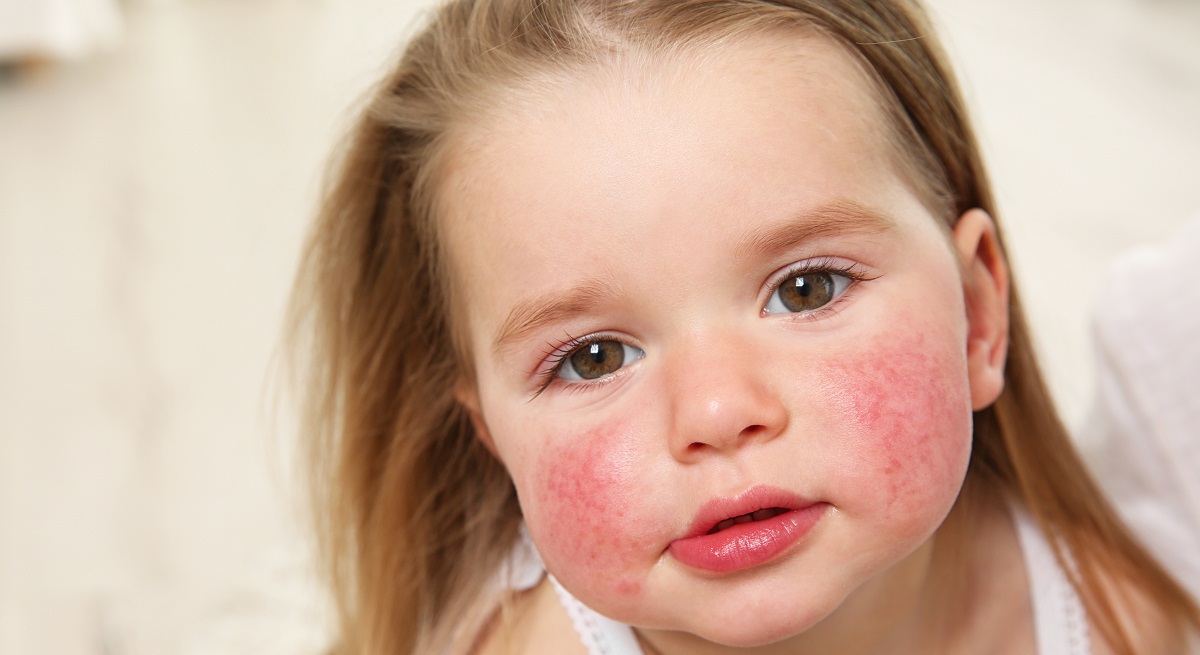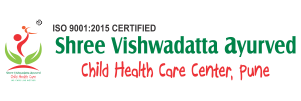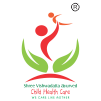Allergies In Children
Allergies In Children
Allergies can occur across age groups. While generally adults easily identify an allergy, children too are known to suffer from different allergies. Allergies in children manifest as regular sneezing, coughing, stomachache, or skin reactions. Although every child is at the risk of developing an allergy, children who have a family history are more prone to have them.
In Ayurveda, the texts mention symptoms that are similar to an allergic reaction under the concept of ‘Dushivisha’ (Irritating toxins). A day-to-day exposure to unhealthy environment, season, food and diwaswap (day sleep) tends to vitiate dhatus (the tissues), thereby causing irritating symptoms. Hence, the toxins are called as dooshivisha.

Causes Of Allergies In Children
When someone has allergies, their immune system is actually identifying a harmless airborne matter as dangerous. It produces antibodies to this harmless substance. On repeated contact, these antibodies produce ‘histamines’ in the blood leading to the symptoms.
Common triggers of allergies are :
- Air based allergens – e.g pollen, pet dander, dust mites etc
- Foods such as peanuts, other nuts, wheat, soy, shellfish, eggs and dairy
- Different venoms through insect stings – such as bee stings or ant bites
- Certain medications – particularly antibiotics
- Some chemicals like latex
Symptoms Of Allergies In Children
The symptoms of an allergy depends on the contributing factor and hence, may be seen in the respiratory path, sinuses, nasal areas, skin or in the digestive tract.
Some common symptoms seen in children are –
- Rashes on skin or red spots
- Breathlessness
- Consistent sneezing, coughing, nasal discharge
- Repetitive stomach upsets
Allergies In Children Ayurvedic Treatment
As per Ayurveda, management of Dooshivisha calls for dosha-dushya sammurchana vighatanam (i.e. blocking the progression of the condition). This is done by shodhana [vamana (medication induced vomiting) and virechana (medication induced purgation) therapies], and following appropriate precautions (in ahar and vihar) plus symptomatic treatment with herbal medications.
Diet Recommendations (Aahar)
- Ushnodaka (Warm water) for use, Triphala (3 fruits – haritaki, behera and amalki) and honey can be used in diet. Factors that are identified to cause symptoms should be avoided.
- Milk products, fish or sea food, alcohol and virudha ahara (Opposing foods) should be avoided.
- Tea prepared with ginger, honey and lemon may help
Lifestyle Changes (Vihar)
- Avoid diwaswap (daytime sleeping), Atapa sevana (excessive outdoor work), etc

